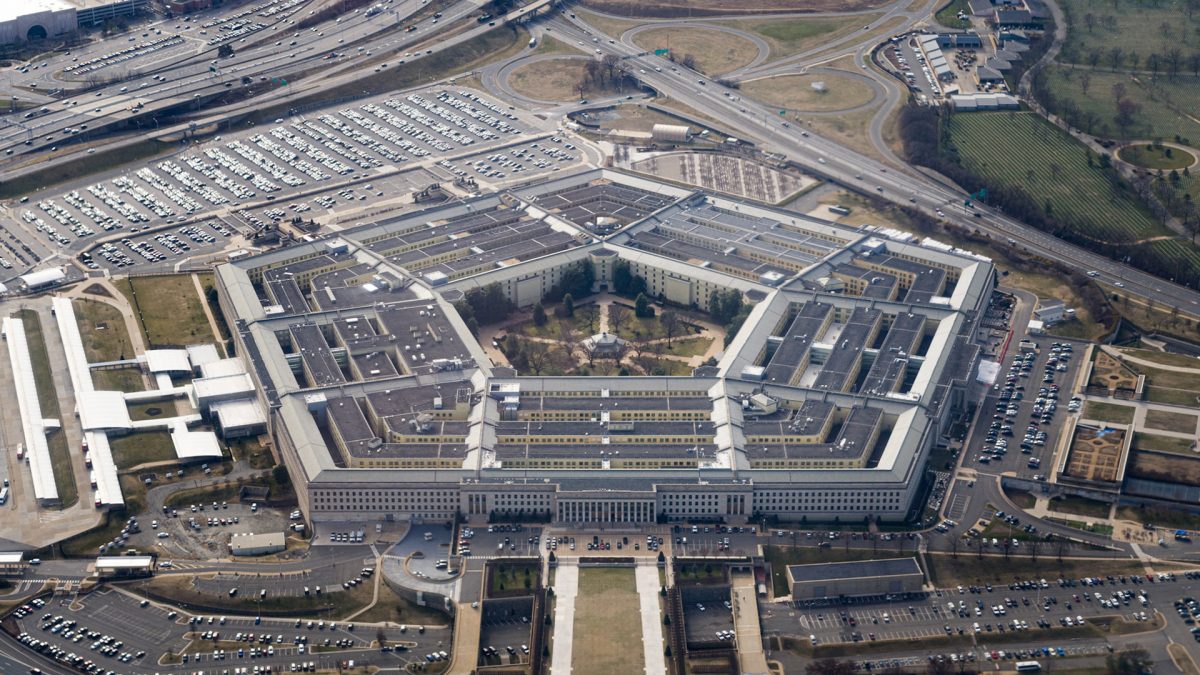The US Department of Defense has taken swift action to block access to DeepSeek, a Chinese AI company, after it was discovered that Pentagon employees had connected their work computers to Chinese servers while using the AI service.
DeepSeek’s terms of service explicitly state that user data is stored on servers in China and is governed by Chinese law, which mandates cooperation with the country’s intelligence agencies. Despite these warnings, several Pentagon workers reportedly used the service for at least two days, prompting security concerns.
On January 28, the Pentagon’s Defence Information Systems Agency (DISA), which oversees the military’s IT networks, began blocking access to DeepSeek on some of its systems. However, some employees were still able to access the AI tool, according to a report by Bloomberg.
The official reason cited for the block was “operational reasons,” but the move came after concerns were raised about the potential security risks of using DeepSeek, especially given its connections to China.
Military’s growing concerns over data privacy and security
DeepSeek’s privacy policy clearly outlines that user data is stored in China and governed by Chinese law, which has sparked alarm within the Pentagon. While the company claims that its platform operates under standard privacy guidelines, the link to Chinese servers raised significant concerns about data privacy, security, and potential espionage risks.
According to a Bloomberg report, military personnel began downloading earlier versions of DeepSeek’s code to their workstations in the autumn of 2024, without initially realizing the connection to Chinese servers.
As the use of DeepSeek gained momentum, concerns over its potential risks led to efforts within the military services to track and remove the software from employees’ machines. Some military branches, including the Navy, have moved to prohibit the use of DeepSeek altogether, while others are still determining the full extent of its usage within their networks.
Diverse responses across the military services
The Navy took immediate action, issuing a ban on DeepSeek usage as of January 31, citing security and ethical concerns. Navy spokesperson Lauren Chatmas confirmed that the service already had guidelines in place that discourage the use of open-source AI systems for official work, which includes DeepSeek.
Meanwhile, the Air Force has not issued specific guidance on DeepSeek but prohibits the use of sensitive public information in commercial generative AI systems without proper clearance. The Army, which had raised concerns about the security risks of AI tools, is considering new policies to explicitly ban Chinese generative AI models, such as DeepSeek.
Interestingly, some Defense Department personnel have been using DeepSeek through an authorized platform, Ask Sage, which does not connect directly to Chinese servers. This has allowed them to continue using the AI tool without violating the Pentagon’s data security protocols.
However, given the growing concerns, military services are now taking a more cautious approach, with some considering new rules to explicitly address the use of Chinese-made generative AI models.
Pentagon scrambles to assess the full impact
The Pentagon is continuing to assess the extent to which employees have used DeepSeek’s system through their web browsers, and efforts are underway to remove any China-origin code from individual workstations, as reported by TechCrunch.
With the growing interest in generative AI tools like DeepSeek, the Pentagon is facing increasing pressure to balance technological advancements with stringent data privacy and security measures.
The rising use of AI in military operations raises critical questions about the control and safety of data, especially when it involves foreign-made technologies with potential ties to adversary governments.
)